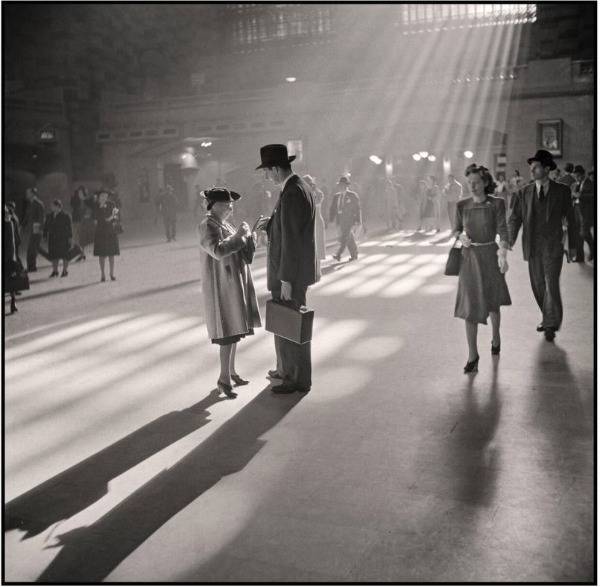Niccolo Ammaniti
Canongate
196 pp
£12.00
This remarkable evocation of childhood is set in an Italian hamlet during the hottest summer on record the suffocating heat a perfect backdrop to the claustrophobic tension of the story. "The heat got into the stones, crumbled the earth, scorched the plants and killed the livestock, made the houses sweltering.
When you picked the tomatoes in the vegetable garden they had no juice and the zucchini were small and hard. The sun took away your breath, your strength, your desire to play, everything."This is hillbilly land, a close-knit community with its fair share of grotesques and idiots, villains and careworn mothers. The story centres round a nine-year-old boy, Michele Amitrano, who stumbles upon a terrifying secret while playing with his gang of friends. He finds a half-dead boy kept prisoner in a hole in the ground. The discovery is the beginning of an epiphany. The story unfolds as a parable without any comforting redemption.
Michele is painfully awakened to adulthood as he comes to realise the fallibility of the grown-ups around him. The games, rituals, teasings, adventures and small cruelties of the children are mirrored by the squabbles and brutalities of the adults. As Michele begins to defy his own helplessness by visiting the kidnapped child, he is forced to face some bleak truths about the kidnappers and ultimately about the complicity of his own parents.
The extraordinary strength of this narrative lies in its simplicity. This is a physical and moral world seen through the eyes of a child, where the terror of discovering a crime is on a par with the terror of being late for dinner; where a shiny new bicycle seems fair compensation for hiding the truth; where the gift of a battered Subbuteo team makes up for the pain of confronting evil.
And because he is a child, the narrator never reflects on his own condition, merely describes it. He reports the threats from his father, the fury of his mother, but never his reaction to them. We are forced, like Michele, to try to ignore what is becoming obvious because, like him, we so want to believe that everything is going to be all right.
"D'you reckon Lazarus knew he'd been dead when he came back to life?" the troubled boy asks a friend who, as children do, ponders the question without even noticing its strangeness. These are children brought up close to violence not surprised, not sceptical but fascinated by stories of dog-eating pigs, or men who will feed you to their pet crocodiles.
Even when Michele finally confides his secret to a friend, his relief is presented in the only terms he knows, those of childhood. "It was a wonderful feeling.
Like the time I had eaten a jarful of peaches in syrup. Afterwards I had been ill, I felt as if I was bursting, I had an earthquake in my stomach and I had even got a temperature and mamma had first boxed my ears then put my head down the toilet and stuck two fingers in my throat. And I had brought up an enormous amount of yellow acid gunk. And had started living again."
The taut, gripping story takes Michele from innocence through action to self-discovery. There is a terrible betrayal his friend gives him away for the sake of a driving lesson. And finally the son suffers and is sacrificed not for the sake of his father but at his hands. The Biblical imagery is all the more powerful for being twisted. The boy's journey is not towards any realisation of faith, but to the knowledge that there is no final authority and the only moral values are human ones.
I'm not scared is available from Amazon (UK).

